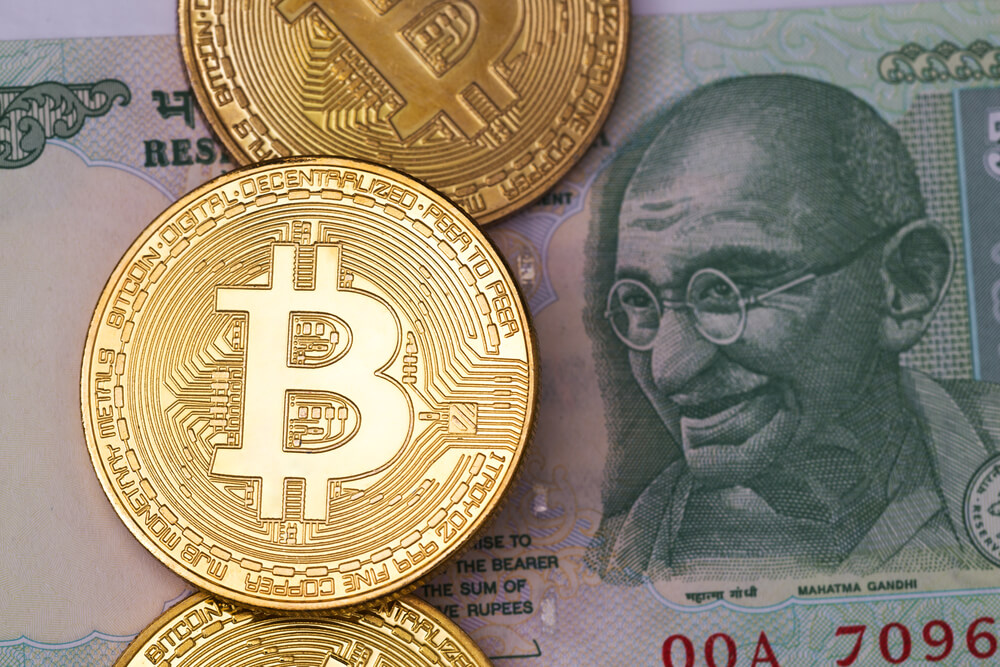‘Shouldn’t Be Allowed at All’: Former Indian Finance Ministry Official Skeptical of Bitcoin Regulation

Shaktikanta Das, a key member in the Indian finance ministry, has come out against cryptocurrencies, stating that it will be extremely difficult to bring them under regulation.
Instead, he proposes, the government should seek a blanket ban on digital currencies in their entirety. In an interview with Quartz on March 7, 2018, he said
“You cannot enter every home to check what transactions are going on. So, I think this is a serious challenge, and this should not be allowed at all.”
Bitcoin first caught the attention of the Reserve Bank of India (RBI) in late 2013, when it released a press release advising citizens against investing in cryptocurrencies. The release highlighted “potential economic, financial, operational, legal, customer protection and security related risks”. Several years later, the meteoric rise of the cryptocurrency market in November 2017 presumably motivated the central bank to issue another similar release .
Quite notably though, Das has been a very vocal opponent of bitcoin and other digital currencies. Furthermore, while he was the secretary of economic affairs in April 2017, he also led a committee to recommend laws and regulation for cryptocurrencies in the country. A year later, another committee, headed by Subhash Garg, is now expected to submit its draft in the next few months.
Das argued that while fiat currencies often have the backing of a country’s central bank and government, there is no underlying asset base for cryptocurrencies. He added,
“This (virtual money) is a parallel currency system developing and it is not legal. There is no legal provision which backs up these transactions.”
He also brought up the possibility of the involvement of digital currencies in illegal activities such as money laundering and terror financing. He is not alone in expressing these concerns either. In his annual budget speech, finance minister, Arun Jaitley, stated that the government
“will take all measures to eliminate the use of these crypto-assets in financing illegitimate activities or as part of the payments system.”
India is hardly the only country to have given cryptocurrencies the cold shoulder in recent times. Only last year, governments of several countries set up committees to discuss and draft a framework for the regulation of these digital assets. China, in fact, went the extremist route and banned all initial coin offerings (ICOs) from being set up within its borders. Subsequently, the Chinese government also pressurized local exchanges into submission, forcing them to pivot their business to an international audience instead.
Even though Shaktikanta Das has little bearing on the Indian government’s final stance on digital currencies, his hostility against the asset class should not be taken lightly. Given his credentials, his words could be a telling tale of the ministry’s outlook towards bitcoin and other cryptocurrencies.
Featured image from Shutterstock.